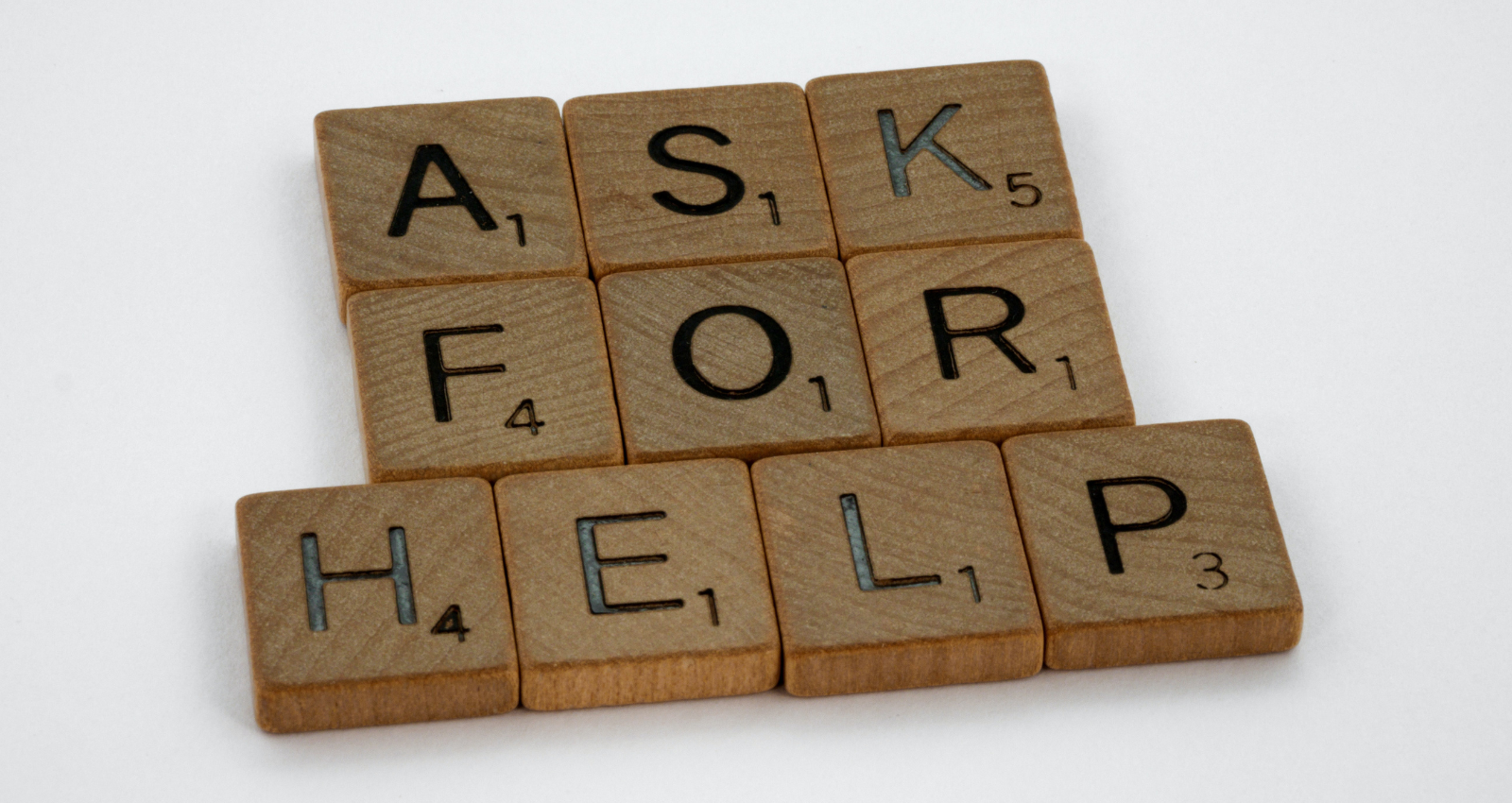
What to do after receiving an autism diagnosis
Receiving an autism diagnosis can be bittersweet. You might feel relieved that you finally have a diagnosis for your child, but you might also feel anxious and worried about the future. Lots of parents experience a rollercoaster of emotions and this is – of course – completely understandable. Take a deep breath, grab yourself a cup of tea and take a seat - in this blog we are going to tell you what to do after receiving an autism diagnosis.
Remember - an Autism diagnosis doesn’t change your child.
A diagnosis doesn’t change your child. They are still the same child that they were prior to being diagnosed with autism. Try to think of the diagnosis as a positive thing. It can help you to get the right support for your child and help you to understand their needs better. Early diagnosis leads to early intervention and advice.
Speak to your child’s nursery or school
It is likely that your child’s school or nursery have been part of this journey with you, but speak to them about the measures that they can put in place to support your child’s learning and make to make them feel comfortable in the nursery or school setting.
It might be suggested that your child needs a EHCP (Education, Health and Care Plan), which explores what your child’s educational needs are and what provisions should be put in place to meet them.
If you feel like your child isn’t getting the right support at school, you can contact the following organisations for advice:
England: IPSEA (Independent Advisor of Special Education Advice)
Scotland: Enquire
Wales: SNAP Cymru
Northern Ireland: The Special Educational Needs Advice Centre (SENAC)
Reach out for help and support services
There are lots of organisations and health professionals that can help you on your journey.
We would recommend checking out the National Autistic Society, which is the UK’s leading charity for people on the autism spectrum and their families. The charity can provide support, guidance and advice and has lots of helpful resources on their website.
Make sure that you speak to your child’s GP to ensure that they are getting the right support from health professionals. Perhaps they would benefit from Occupational Therapy, Speech and Language Therapy or even a specialist dentist.
It is also worthwhile contacting social work to find out what local services are available for you and your child and what support they can offer.

Check if you are eligible for financial support
You might be entitled to financial support because of your child’s autism. Disability Living Allowance (DLA) can help towards to costs of raising a disabled child and you might be entitled to Carers Allowance.
There are also various financial grants for children with autism, which can help towards the things that they need.
Talk to other parents who have received an Autism diagnosis
Talking to other parents is so important because you will get ‘been there’ advice and you may find comfort in speaking to people who are on a similar journey and ‘get it’.
Take care of yourself
Make sure that your take care of yourself too. Reach out to your local Carers Centre, ask social work for an assessment of needs and to explore any respite opportunities for you. Join online support groups and be kind to yourself. Parenting isn’t easy, but parenting a child with autism can at times be hard, and it’s okay to admit that.
Support for siblings
Siblings of children with autism may sometimes feel overlooked or overwhelmed. Check out your local Young Carers group and the charity SIBS, which is a UK charity for sisters and brothers of disabled children.
Sometimes you might need to do things separately as a family. Perhaps there is something that one child likes doing that another does not. Please don’t feel guilty about this. Siblings need time out too.
We hope that you’ve found this advice helpful and wish you and your family lots of luck on your autism journey.

